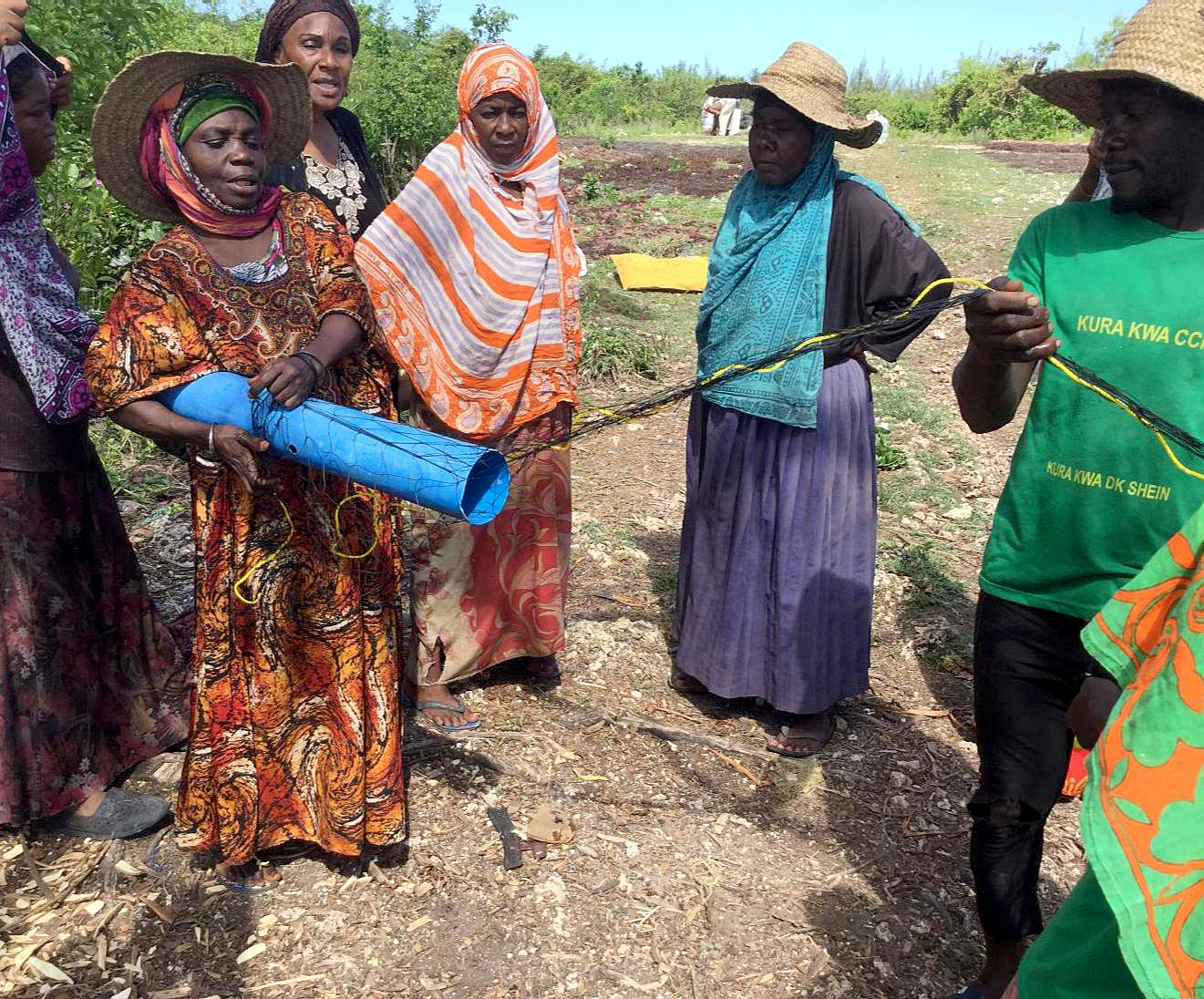

Co-management approaches were applied in marine conservation areas. These involved the government, local communities, seaweed farmers, NGOs and associations, often with international support. A particular feature was the inclusion, empowerment and support of women, considering their role as primary seaweed farmers and beneficiaries. The cooperation generated between different actors has not only demonstrated the willingness of the Revolutionary Government of Zanzibar to implement blue growth strategies that are inclusive of local communities and aim to build a sustainable future, but also enabled the ongoing revision of management plans for marine protected areas in Zanzibar. The need to improve the participation of women and aquaculture farmers in decision-making, to increase transparency and to provide access to information, was highlighted. There are also opportunities to enhance cooperation across jurisdictional boundaries.
Several studies provided insights into the positive outcomes of mariculture and seaweed farming, which included gender equality, economic revenues provided to women and the consequences on their life, including increased autonomy, empowerment and role in the communities. Moreover, the Revolutionary Government of Zanzibar put in place a blue growth strategy (see the Zanzibar Blue Economy Policy), which considers the challenges of seaweed farming, including related sustainability concerns.
A new agenda of research and development work has emerged, including dialogues around Nature-based Solution criteria and indicators with stakeholders in Zanzibar and local communities. This could contribute to a future roadmap for Zanzibar and a framework for regular self-evaluation. New management plans for marine protected areas are already under way and the Revolutionary Government of Zanzibar plans to support seaweed farming activities in deeper waters by equipping women groups with fiberglass boats. It would be important to assess such new developments against the IUCN Global Standard for Nature-based Solutionsᵀᴹ criteria to determine how changes to the management of marine protected areas may affect adherence with the Standard.